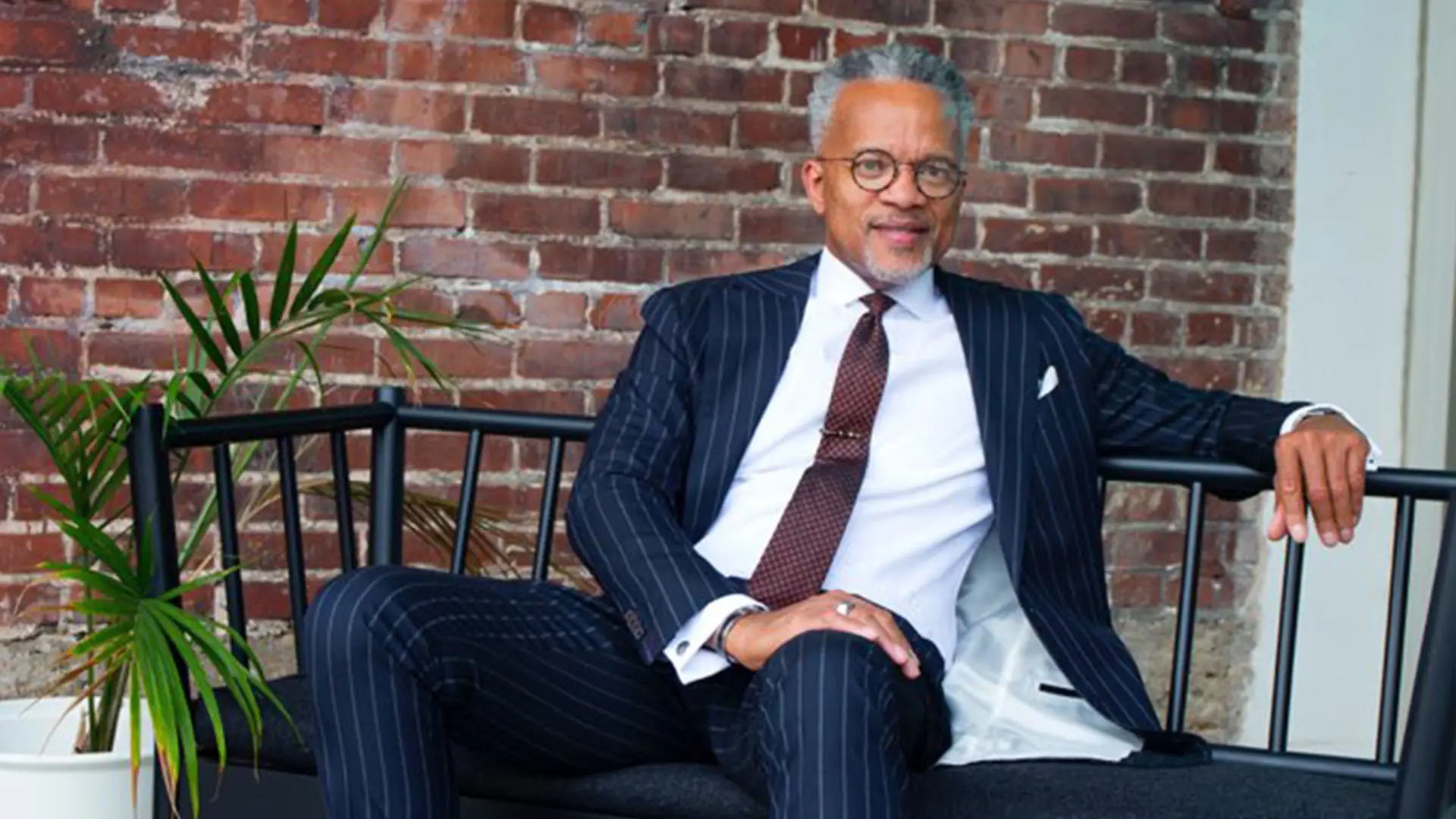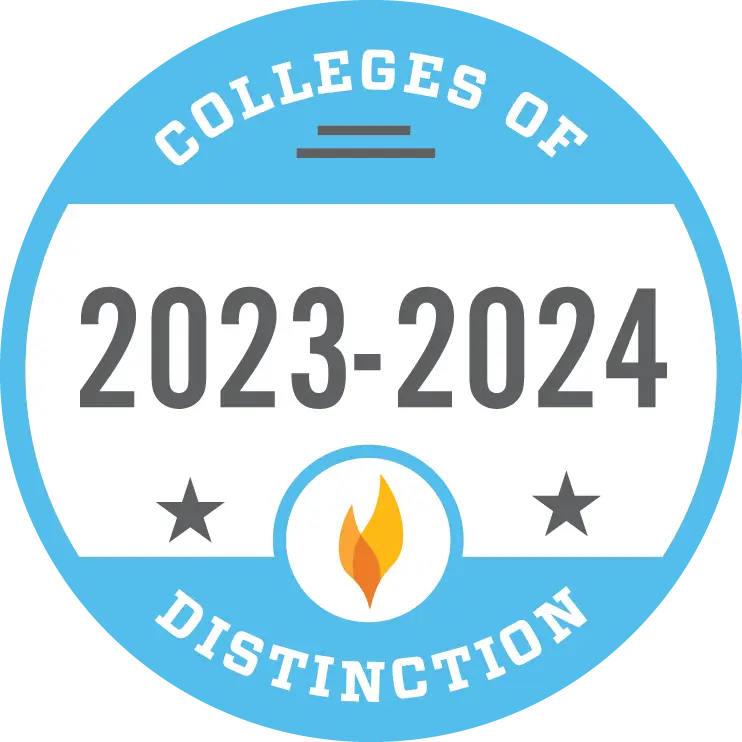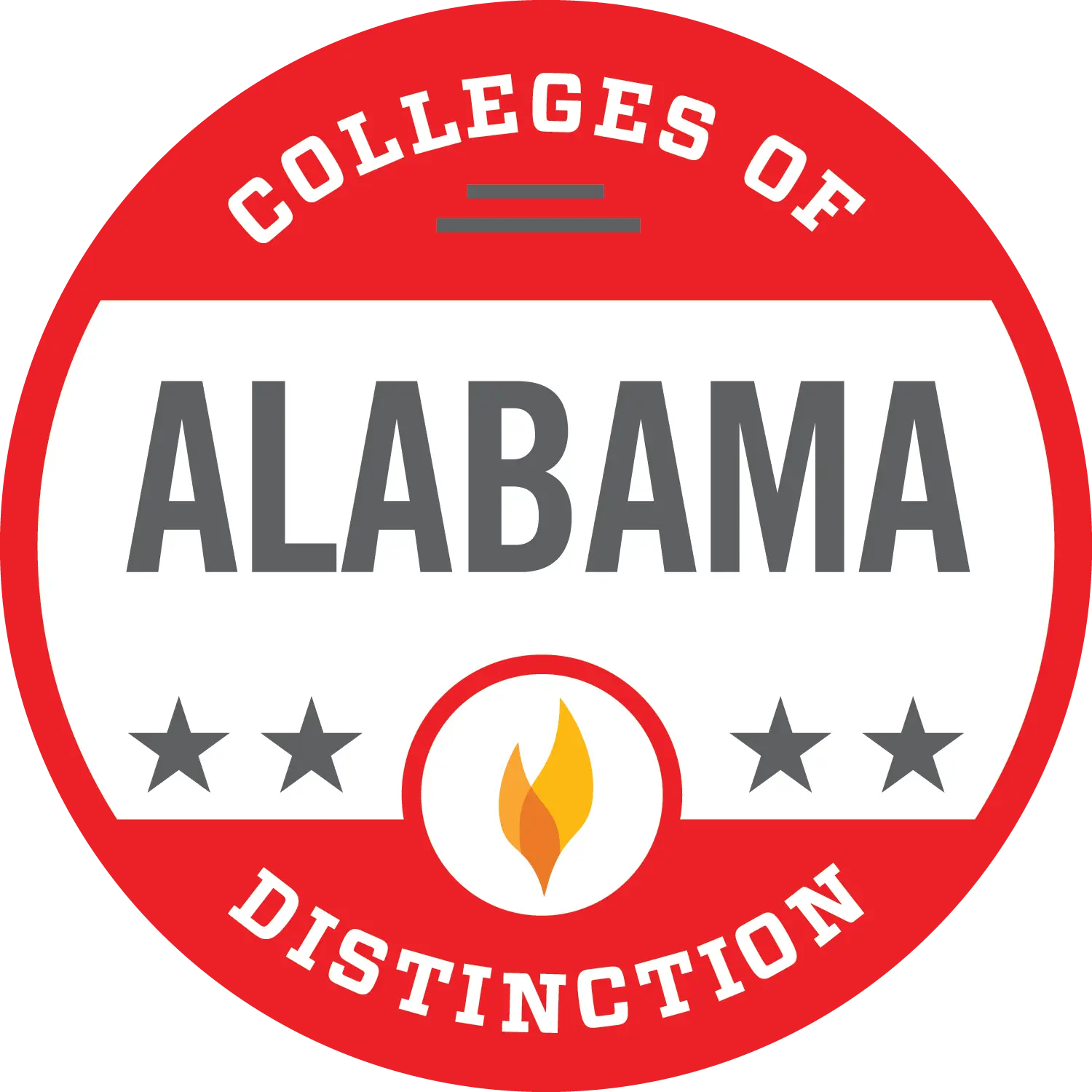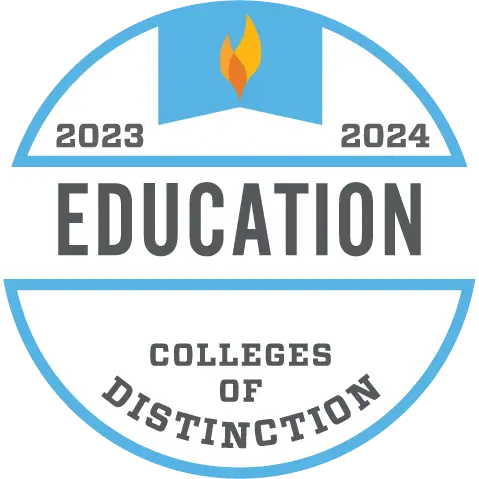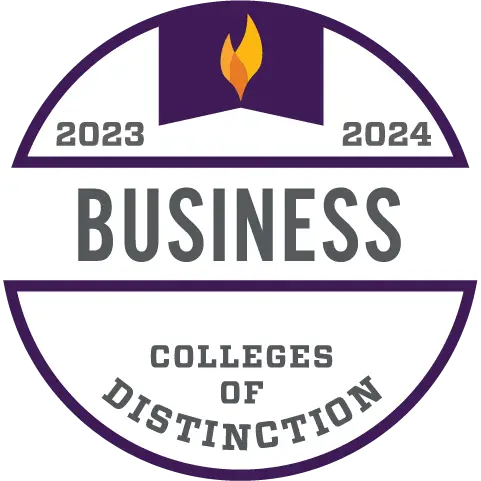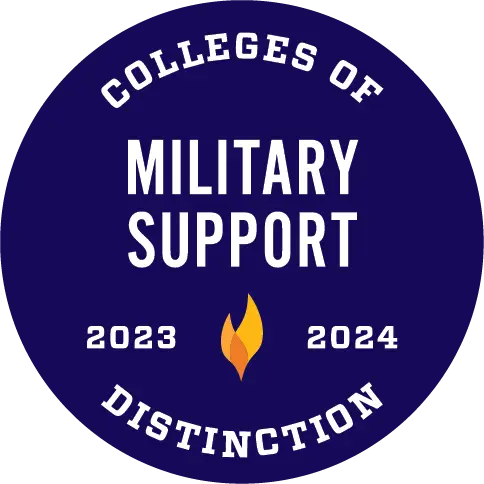Stillman Chairman Donald Comer discusses impact of mentorship
No one understands the saying, the children are our future, better than individuals who are a part of the education system, especially the higher education system. We recently had the privilege to chat with Chairman of the board at Stillman College and mentor, Donald Comer. The ever-stylish and multi-talented professional took a moment to discuss the importance of attending an HBCU, his role as a college board member and shared his thoughts on mentorship and other issues impacting youth.
Increasing Experience & Exposure Through Education…
The research and reports are clear, more must be done to mitigate the damaging effects brought on by barriers that limit opportunities and exposure to Black children and other minority groups. But, how can one impact change to create both experiences and opportunities that are lifestyle-changing for generations to come? The short answer is to help younger generations see the world through a different lens. According to Comer, we need to create a sustainable ecosystem surrounding people of color. “There are inputs that you can gain earlier in life and change the whole trajectory of your life versus ya know becoming at 30 taking your first flight or at 30 you know it’s the first time you travel outside of the city where you grew up in all of those things are extremely important to shape the whole you. I talk about it in terms of experience, education, and exposure. HBCUs round us out on the educational side but we’ve got to have more opportunities to create experience and exposure and the earlier that we can introduce that experience and that exposure the more runway we have in front of us to be able to create real wealth.”
Comer, who currently serves as the Staff Vice President Operations Analysis of FedEx is all too familiar with solving complex business issues and exploring alternatives to drive operational change, all issues faced by HBCUs. He began his tenure in higher education shortly after graduating from the University of Memphis with his MBA. Although he initially declined an invitation to join the National Black MBA Association, after attending a recruiting event at their conference, he admits that his eyes were opened to how powerful and successful Black people could be. Thus his interest to impact change through experience and exposure was spurred and his desire to help by forging relationships with colleges to help in varying capacities began. Comer is Chairman of the Board of Trustees for Stillman College and member of the Board at Lemoyne-Owens College.
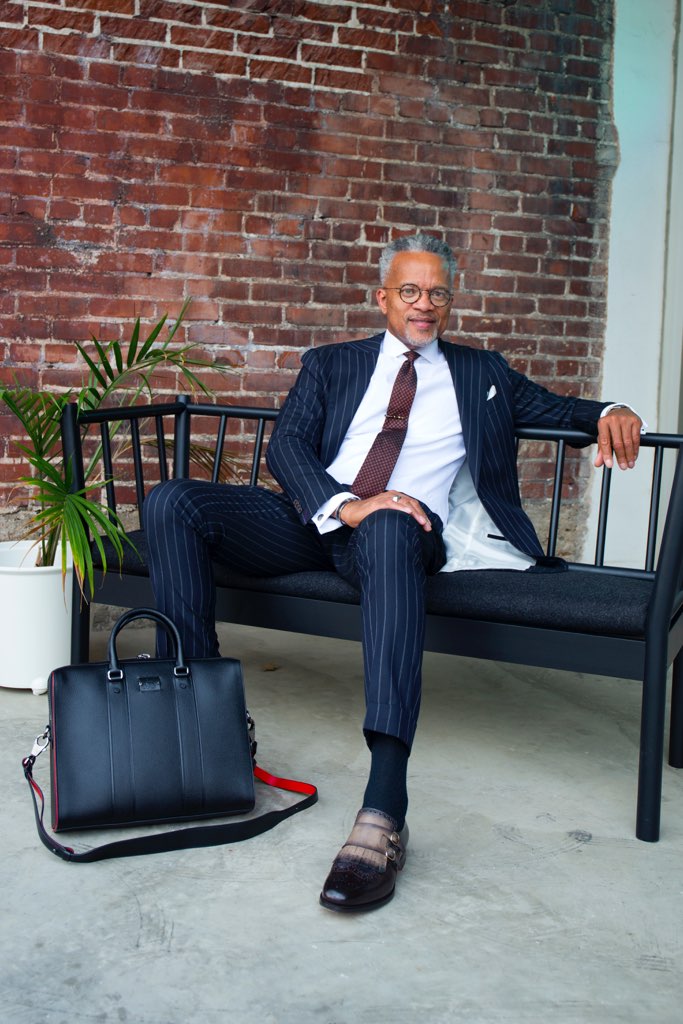
How Can HBCUs Be More Impactful ?
Operationally, HBCUs must have solid business practices to positively impact educational outcomes. Having worked for three major corporations, Comer has amassed a wealth of knowledge and experience and brings solid business thinking and skills to the table to enhance how colleges run as a business.
To be impactful, Comer says, “We’ve got to invest not just when they are showing up and showing out. We’ve got to invest in them on their journey to get to that point.” We must be a part of the solution to advance the offerings HBCU’s can make to meet the needs of their students. As a board member of Stillman College, Comer is primarily focused on recruitment, retention, graduation, and employment. While Stillman does a good job at recruiting and graduating students, he believes there can be an improvement in the other areas. “Graduating a student without leading them to an opportunity to be gainfully employed I think is a significant miss because they’ve invested, the professors have invested, I’ve invested. So, I need to see them thriving beyond the four to six years.” Stillman is leaning in on these opportunities and focusing on retention by implementing new practices that enhance the student’s experience to compel them to stay through their full matriculation and get them to graduation with skills and talents that can be utilized in the market. Comer states that another way to be a part of the solution is by increasing alumni giving to address issues of disrepair and housing issues. “Increasing alumni giving and letting the love for the institution permeate all the places where they have influence to change the trajectory to be an evangelist. I mentioned earlier, don’t wait until it gets better, be a part of it getting there.” He emphasizes giving and using your influence at all levels instead of trying to meet a goal that may be insurmountable.
Additionally, Comer discusses the importance of prioritizing the Marketing and Communications department. When asked how to increase alumni/donor giving, he says, “How can you recruit? How can you change hearts and minds if you’re not communicating and you’re not marketing?” He believes that this is at the forefront of positioning HBCUs as a viable contender and showcasing what each respective HBCUs are good at. “We have to be able to tell our own stories.”
Why HBCUs Matter ?
HBCUs matter because they foster a climate of success as students often feel safer and more supported. Attending an HBCU is also more cost-effective and less likely to end up in high/long-term student loan debt thereby reducing the overall racial wealth gap. Having attended a predominately white institution or (PWI), Comer shares why he believes HBCUs are integral, “One of the unique aspects of HBCUs is that you’re not competing with anybody but yourself…When you are sitting around and everybody around looks like you, the majority of them have experiences similar to yours so, a lot of the excuses for not being the best you have to go away.” He also makes mention of other HBCUs whose legacies and impact often go unmentioned such as Stillman College and Claflin University.
With a focus on family, Stillman, like most HBCUs, has created a nurturing environment that is especially important for students coming from challenging socio-economic backgrounds or may be first-generation college students.
Comer believes that HBCUs absolutely matter and are needed for the development and sustainability of a thriving ecosystem. He believes in HBCUs so much so, that he has since been accepted into the Executive Ph.D. program at Jackson State University, GO TIGERS!
Leading Through Mentorship …
Comer’s leadership has placed him in a position to act as a conduit between the corporate and college world. As an active member of the National Black MBA Association, Comer stresses why he is so focused on giving future generations exposure and experience when discussing how the annual conference has grown and now attracts 50% of its attendees that are non-black .“I’m talking to smart people who look like me but ya know, I’m talking to them sometimes in a very narrow range because they don’t know how to apply that smart thinking to alternate realities. Realities that they haven’t lived because they haven’t had those exposures. When you show up and you’ve got people that don’t look like you that have similar educations but can also enhance how they tell their stories because of their different experiences and exposure, it’s really different.”
His mission is to positively change this narrative by investing in creating opportunities for the next generation through his leadership. Again, he reiterates the importance of investing in future generations when speaking on his relationship with his nieces and nephews, “That’s where it starts to make sure what I’ve experienced they don’t have to knock their heads against the same walls as I have.” Comer also mentors others in entrepreneurship and discusses
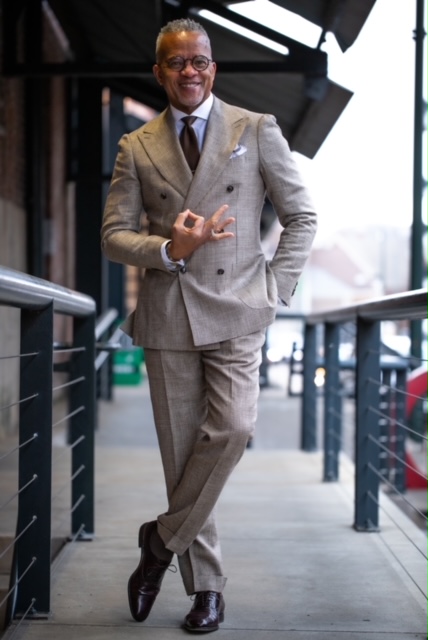
On His Sense of Style & Using It To Spur Conversation…
“As with most things as you age you start to reflect back and try to understand where it came from. My mom’s father was always a very stylish guy and I remember when I got to college … I was still going in his closet and pulling out stuff from when he was much younger and was able to use it and show up with a flair that was relived.” But beyond his dashing style, Comer makes sure to always bring substance to the table and recognizes the importance of creating meaningful dialogue even if he has to rely on his style to do it. “I’ll walk into a room and I’ll get compliments on how I look and how I’m dressed but I want people to recognize my work as well…Certainly it gives people an aha moment and minute to pause but I have to be very intentional about seizing that moment and pivoting to something that’s much more substantial than the suit that I have on or the shoes I wear and we have to be very careful about that.”
Never missing an opportunity to pour into the younger generation, Comer recalls a time when he was at the drive-thru and a young black male was in awe of his car, a Porsche Panamera. The young man inquired about what he did for a living. “Being in Memphis and working for FedEx and looking like you’re doing something other than throwing boxes get a little bit of attention around that. I told him what I did and he said, ‘What would you tell me that I need to focus on to do that?’ and I said, one thing I wish that I had done, and I always tell, is to learn to master the art of the long view.” Understanding what’s important to youth and their interests is key to initiating dialogue to meet them where they are and helping them decide to engage in the college experience.
What’s Next For Stillman College?
Comer himself understands the needs of HBCUs and their students and he’s fully invested in the purpose of the why. Through his leadership and mentorship, he has expanded his reach to be able to touch the world. He, along with the other Stillman Board of Trustees, believes in the spirit of HBCU’s and is committed to improving their institution by using their respective skills and leveraging their network of influence.
Stillman is laser-focused on enhancing the college and its surrounding community and has plans to launch some innovative programs. “We are continually paying attention to our community in the Alabama area…so if you have a spirit of giving and caring, there are some really innovative programs that Dr. Warrick has on the cusp of being launched, that will be very interesting.”

